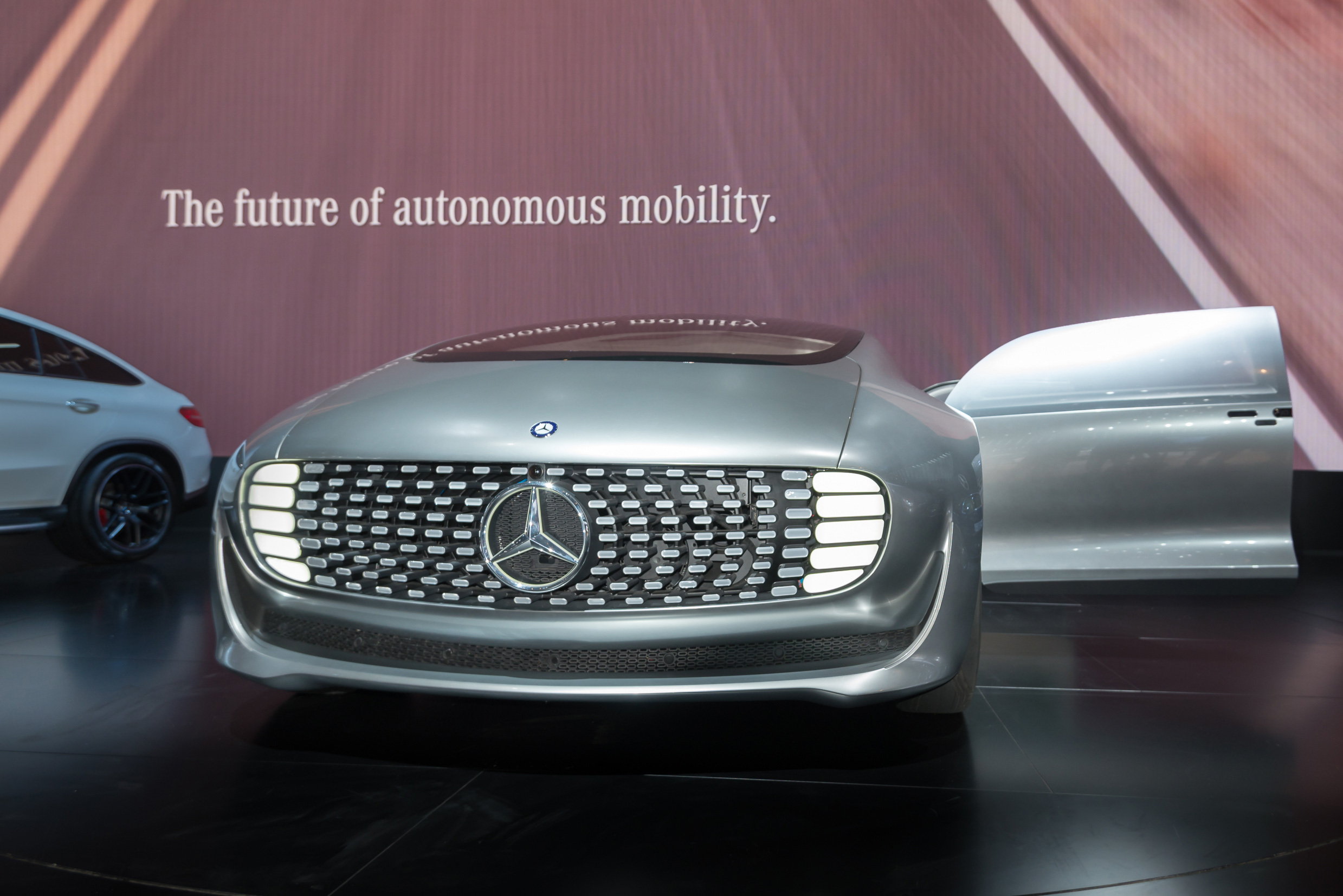
There’s a lot of excitement and hype around driverless vehicles. From President Obama to Uber, the claim is that self-driving cars can help save lives.
“One of the hardest questions to answer is, ‘How do these cars compare to human drivers?’” Chris Urmson, then the chief of Google’s self-driving car project, told transportation engineers in Washington, according to reports. “And part of the reason why that’s hard is we don’t actually have a good understanding of how good human drivers really are.”
That’s what researchers at Virginia Tech Transportation Institute discovered when they started digging into federal crash data.
With many drivers wanting to keep crashes off the books, the researchers concluded the annual total of crashes is heavily underreported. The Virginia Tech team believes total crashes with injuries were understated by at least a quarter and “property damage only” crashes by anywhere from 60 to 84 percent, according to the Washington Post.
Police-reported crashes reached 6.3 million in 2015, according to U.S. data, but only half that number was reported to insurers. The Virginia Tech researchers used an upper estimate of 29 million crashes.
So based on police-reported general accident data, Google’s self-driving cars appeared to crash more often than cars operated by humans. But once the underreporting was factored in, they performed better than people, according to the Washington Post.
Does that mean self-driving cars are safer? There’s just not enough data to know.
“If you’re an alert, attentive, sober driver, your risk is really low. You’re really good at avoiding crashes,” Tom Dingus, director of the Virginia Tech Transportation Institute told the newspaper.
Read more at Washington Post.com.

